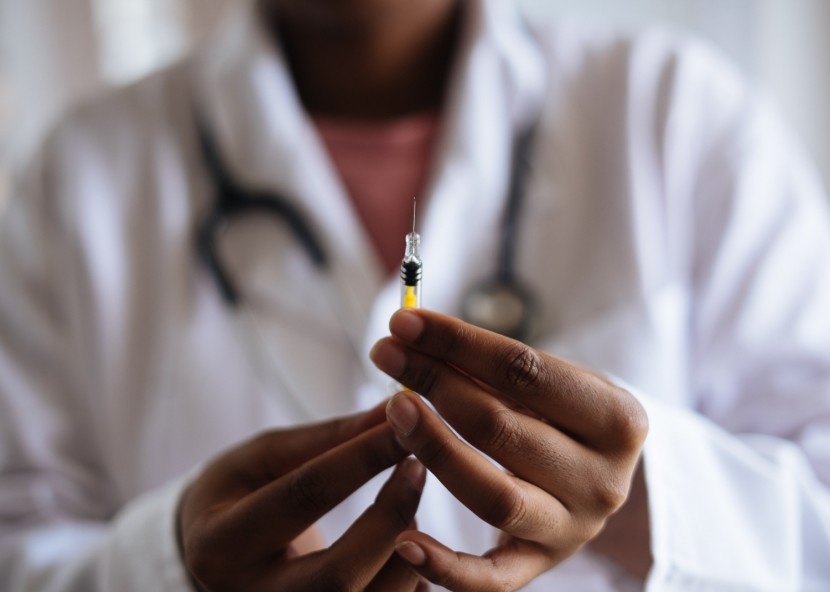
The Advisory Committee on Immunization Practices voted in favor of the vaccines' recommendations on Sunday and will proceed to the CDC for final approval.
According to the Centers for Disease Control and Prevention advisory committee, people aged 75 and up and essential front-line workers will be next to receive the Covid-19 vaccines.
The Food and Drug Administration has granted emergency use authorization to two Covid-19 vaccines, from Pfizer-BioNTech and Moderna.
READ: Congress to Vote on Coronavirus Relief Package After Fed Agreement
The new proposal came a week after the first Covid-19 vaccines went out to Phase 1A group or the health care workforce and people living in long-term care facilities across the country. The next round of Phase 1B will be for about 49 million people. It will consist of 75 and older people, first responders, such as firefighters and law enforcers, educators such as teachers and daycare staff, et cetera. Corrections officers, U.S. postal workers, public transit workers, and those whose jobs are essential for the food supply, like farmers and grocery store employees, are also up next to get the vaccines.
ALSO READ: U.S. Jobless Claims Climb to Additional 885,000 Amid Resurgence of Virus
There are not enough vaccines yet for everyone. That is why there is a need for the committee need to identify and recommend specific groups to specific phases of rollout.
During the meeting on Sunday, Dr. Kathleen Dooling, an ACIP member, said, "difficult choices have to be made," given the limitations. "Members of the working group strongly support vaccination being offered to every person in the United States as soon as possible," and called the committee's proposal "a road map for how we can get there together."
The committee said it considered inputs from scientists, ethicists, inoculation experts, and the general public in defining who should be next in line. It has continuously been clear that older people are most susceptible to the overwhelming impacts of Covid-19 and the illness is deadliest among older adults.
Even though young adults have the highest rates of coronavirus infection, Dooling said, "over the course of this year, adults 75 years and older have accounted for 25 percent of Covid-19-associated hospitalizations, despite making up approximately 8 percent of the population." With that, Dooling added, "Front-line workers, in particular, are unable to work from home and have a high level of interaction with the public or others in the workplace." Thus, they have included in Phase 1B persons who are most likely to be exposed to the virus.
READ MORE: Not Qualified for Unemployment Aids, Landlords Are Running Out of Money
Also, on Sunday, the CDC committee voted on who should be included in vaccinations Phase 1C. They will be ages 65 to 74 adults, and those ages 16 and older with medical problems that would put them at greater risk for complications from Covid-19 like heart conditions, type 2 diabetes, and chronic kidney disease but must speak first with their doctors about their eligibility.
Phase 1C also includes remaining vital workers in the transportation, energy, public safety, and water management industries in information technology, banking, media, and the justice system, such as judges and lawyers and the foodservice industry.
© 2025 HNGN, All rights reserved. Do not reproduce without permission.








